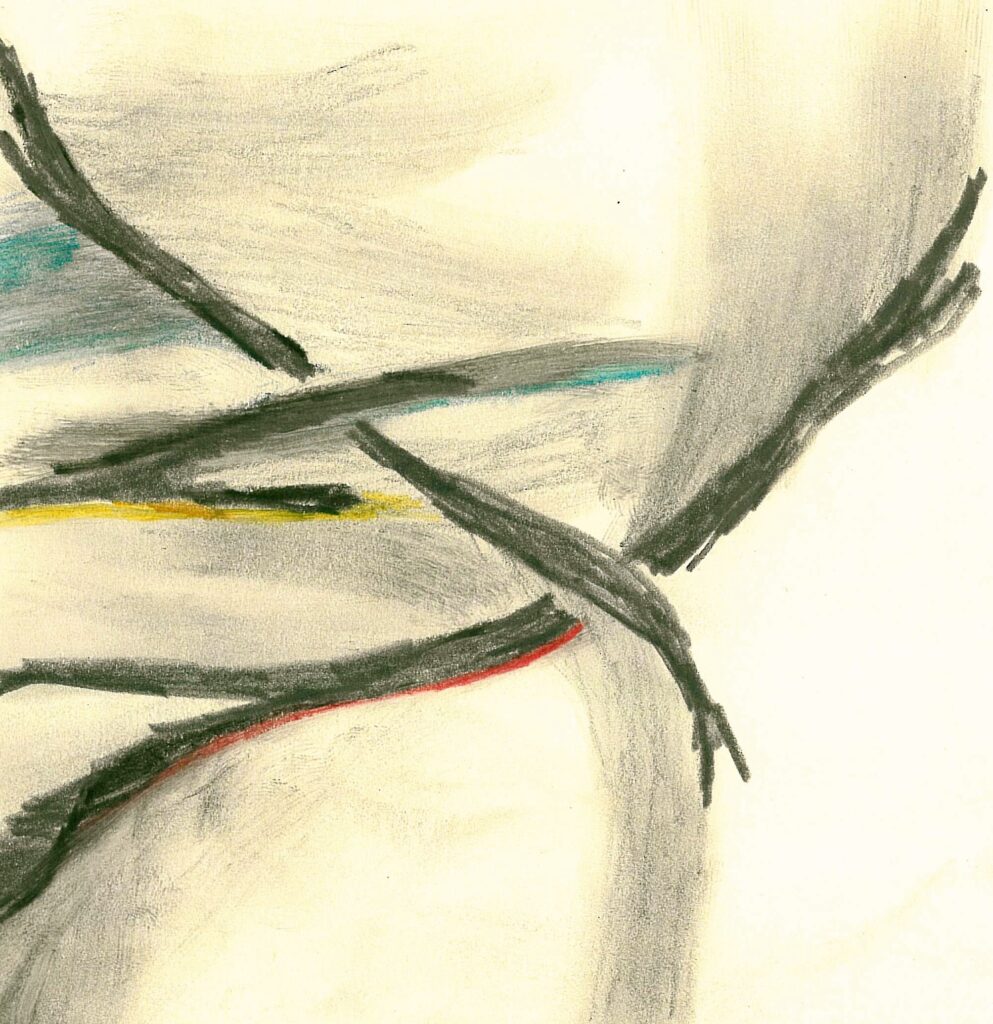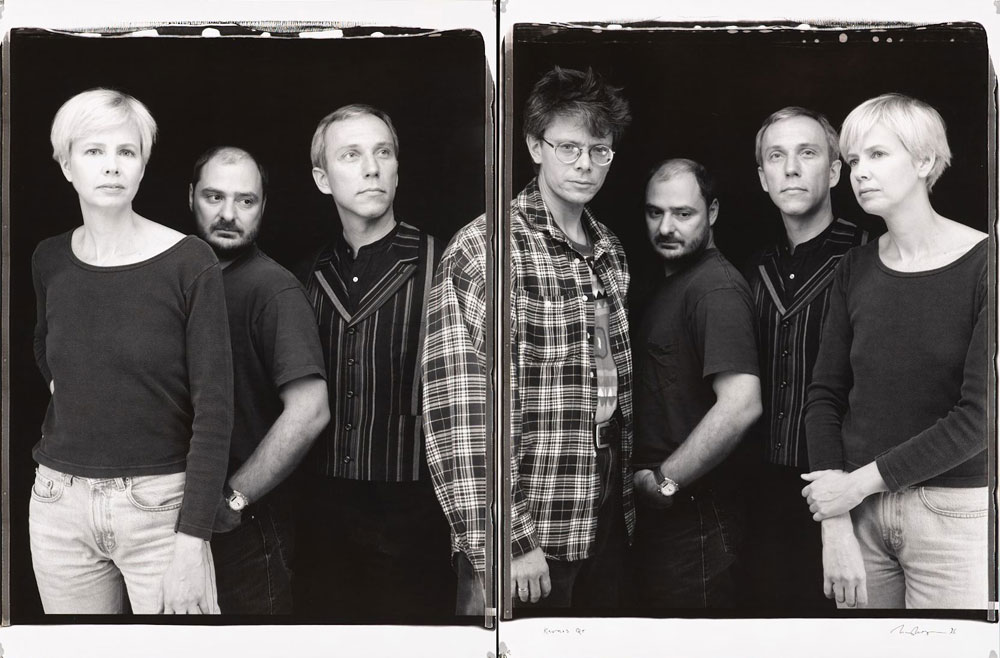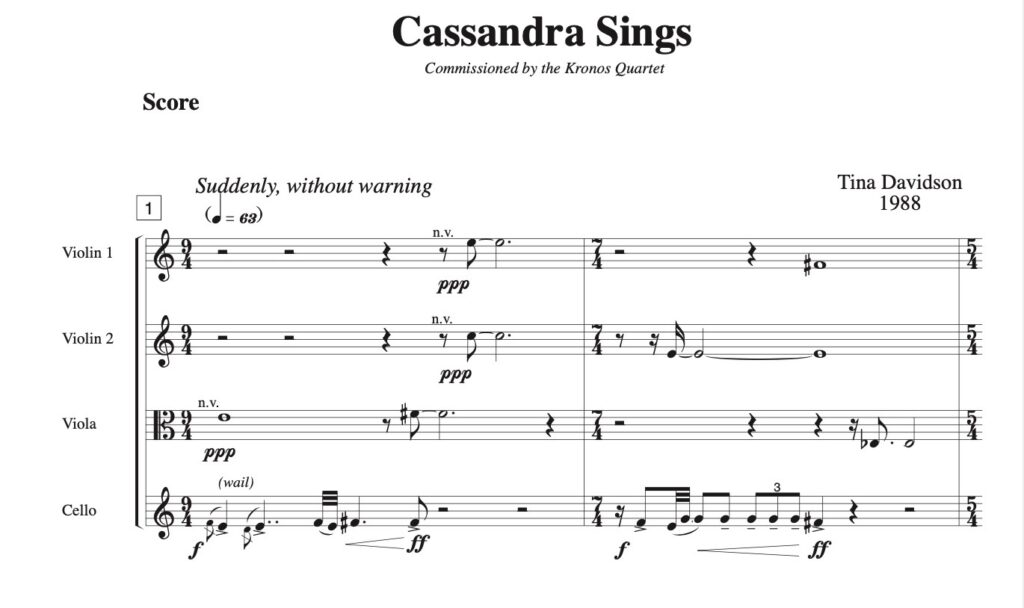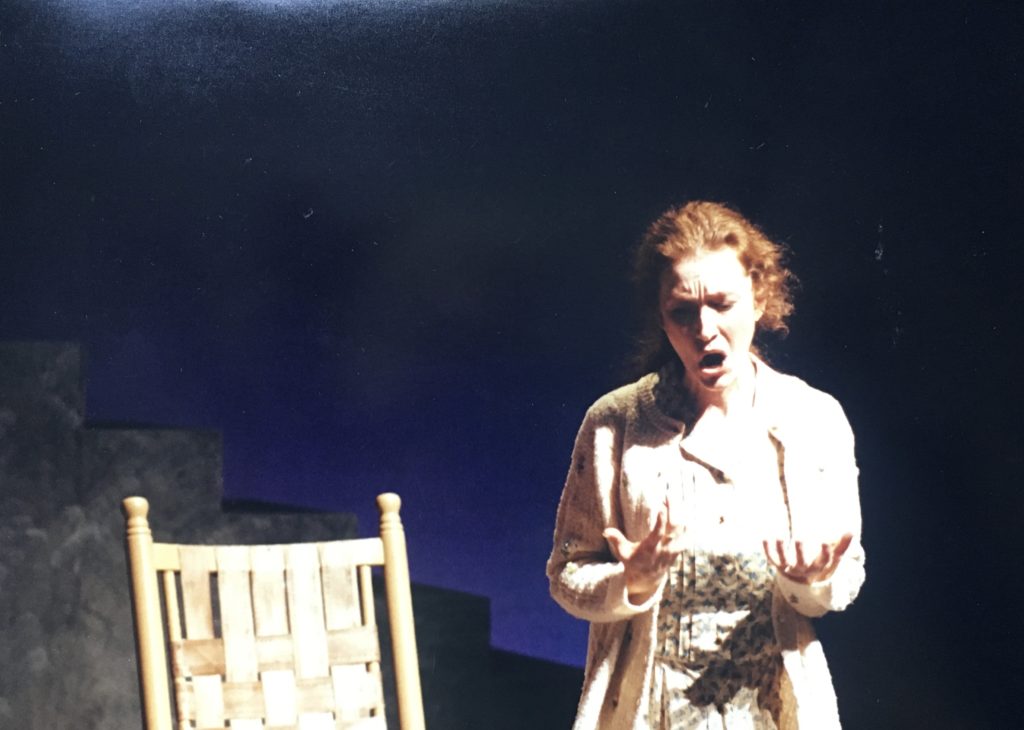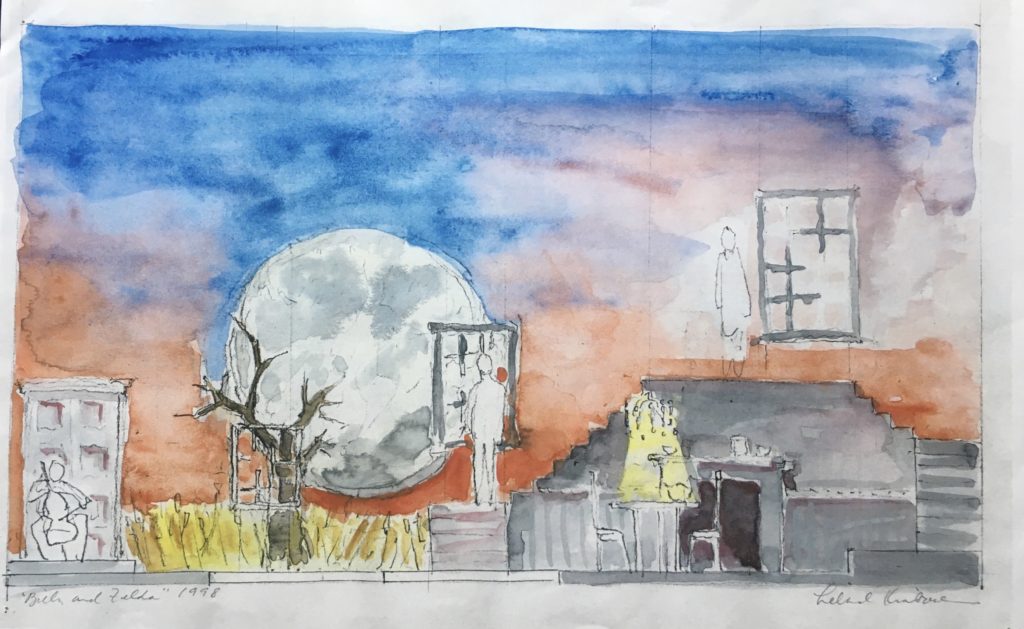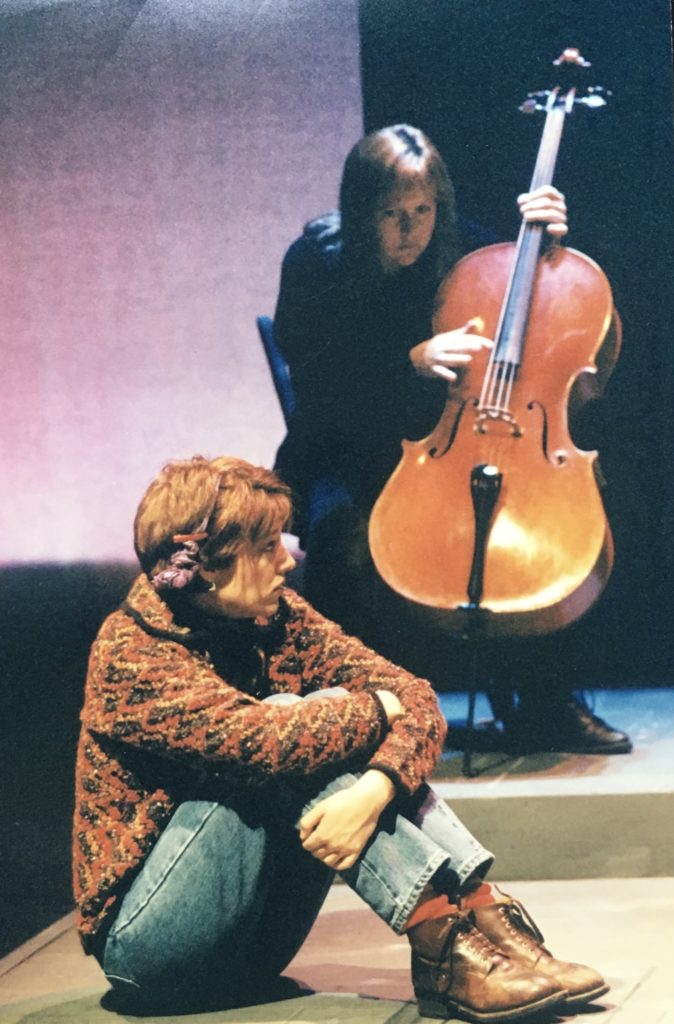from my music journal
September 1
Bruce Chatwin, in his book Songlines, suggests that the aboriginals sing the world into existence. Songs, or “dreaming,” are a primitive map of the world. Their natural soul describes the country in its most primary form.
February 26
I grapple with the ending of my new piece. Does the energy transform into a ‘still point,’ or is it unto itself? What is the balance between terror and wonder? What is ‘sitting-there’ energy that doesn’t change or go anywhere? I only know a deep body sense, but struggle for words.
My energy comes from a center place, and expands outwards in a kind of fullness, without grasping or overwhelming. The energy exists unto and for itself; there is no motive other than being. Like mountains, or volcanoes, like the ocean, it is guileless and full of terror. Wonder without intent. Turn away from these edifices of nature, they continue in memory, persistent, eternal. Lost or misplaced, they are there at the next turn. So simply. Just this much.
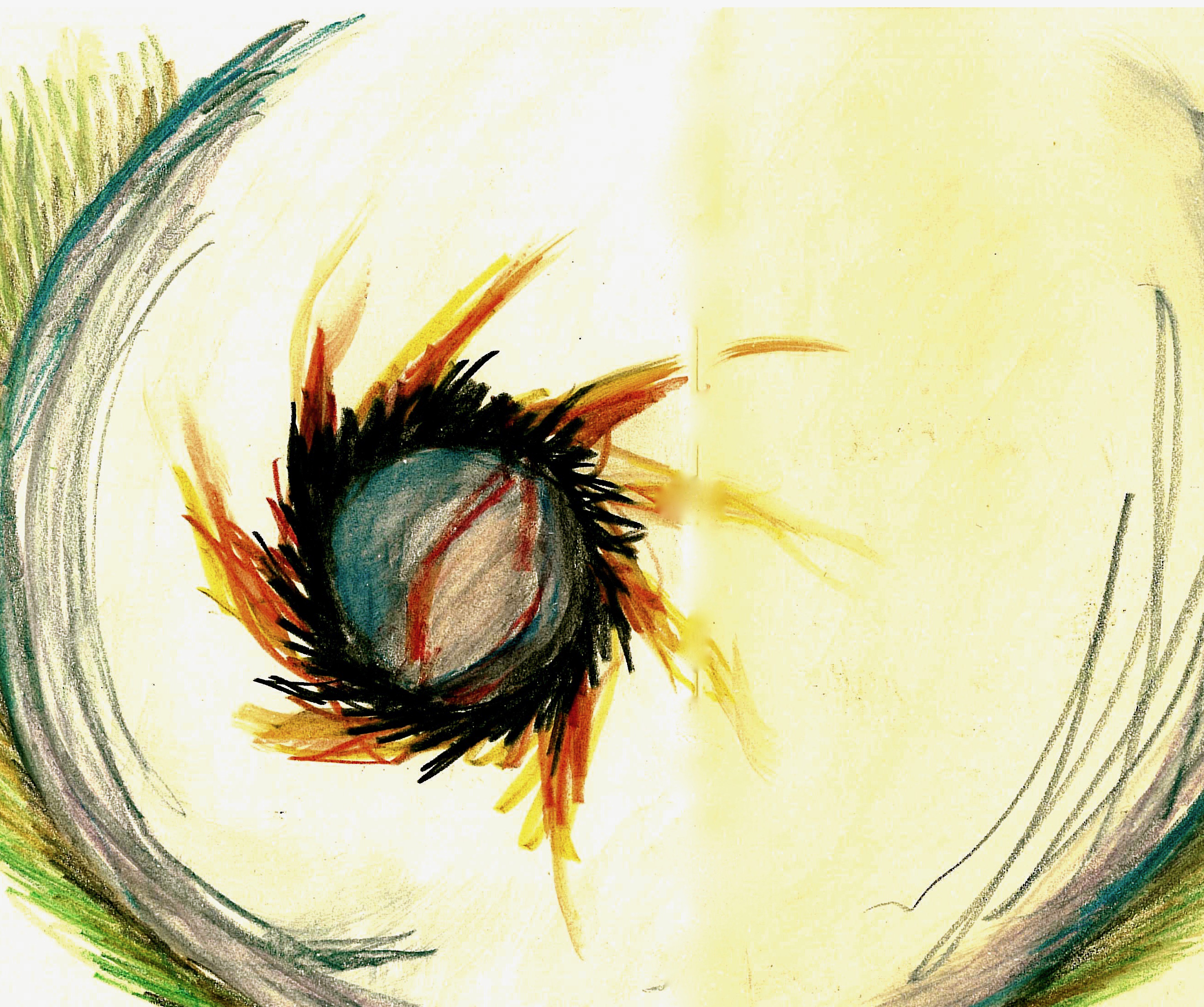
April 16
Composer Morton Feldman reportedly said, “Most composers are limited by one form.” Finding a level of comfort, they stay with it. I wonder about mine, and wonder if I should relook at it. Press on, explore it further.
Forms or approaches are inherently archetypal. Like jewels, hidden deep in the earth, not all have been found. The work of an artist is to reveal the ones overlooked and connect us, the present us, with their magic in new ways.
July 26
Is my music an attempt to control time? Often, it is a passage or a journey, other times a documentation of now. Do I compose to control life or explain it? I have a back and forth, give and take, learning and growing relationship with my work. I dip into a sea of myself, and try to capture it in music to share with others. My work and life are fluid and I experience myself through it.
My work has a life of its own, and often insists on its own way. But it is reciprocal; as I reveal myself to my music, the music reveals myself to me. The work teaches me where to go, and what next to learn.
Excerpted from Let Your Heart Be Broken, Life and Music from a Classical Composer © Tina Davidson, 2022.
Listen: Paper, Glass, String and Wood, for two string quartets. III. String:
It is My Heart Singing, music by Tina Davidson, Albany Records, TROY842, 2006
Performed by the Cassatt Quartet (Muneko Otani, Jennifer Leshnower, Tawnya Popoff, Nicole Johnson), Stephen Manes and Caroline Stinson
Purchase: https://www.amazon.com/My-Heart-Singing-Tina-Davidson/dp/B000FO443K


